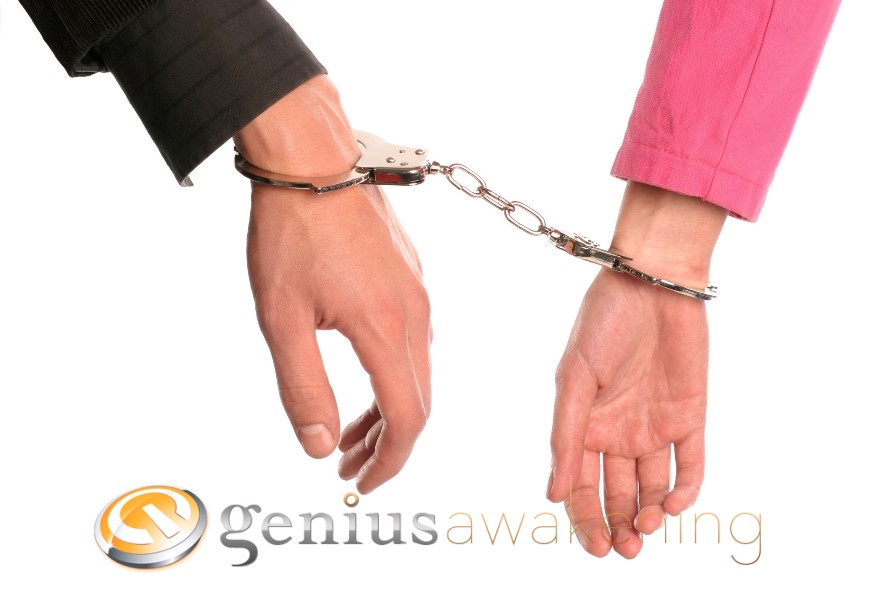Codependent personalities use maladaptive dependence on others to help them experience a sense of significance and self-worth. It is also a psychological survival strategy to deal with real and imagined stressful circumstances. In essence, codependency involves an addiction to someone else; specifically, an addiction to a peculiar kind of relationship with another person. Codependence is a compulsive, vicarious way of trying to establish some control over a part of one’s life that feels out of control. What the codependent personality is in fact saying, through an addictive relationship, is: “I need you to help me feel good about myself and my life.”
How to identify a codependent personality
How can you recognize if your partner is in a codependent relationship with you? First of all, your codependent partner will exhaust you emotionally with their ceaseless demands that you are there for them, take care of them, and not leave or abandon them. Remember that as an addict, the person has little control over their behaviors and emotions, and the relationship with you represents the substance they need more of to help them cope from day to day.
Your codependent partner is likely to have major issues with trust, and want consistent reassurances that you won’t leave them on their own. Hence, they avoid conflict with you; the anxiety that potential conflict might mean being abandoned by you is too overwhelming for them. Moreover, they will engage in all sorts of controlling behaviors – like using sex, anger, resentment, pleading, or guilt – to ensure you don’t go anywhere without them. The codependent person has a compulsive desire for affirmation and approval from a partner. Without the latter, they don’t feel loved, significant, or good about themselves. They need you to take care of them, because they are incapable of caring for themselves emotionally.
Understanding the addiction of the codependent personality
Codependent adults are in essence repeating, mostly unconsciously, unresolved childhood conflicts involving emotional struggles around issues of too much conditional love, and the fear of abandonment: “I won’t love/take care of you because you are worthless/not important.” Parents or caregivers may or may not have uttered these words, but this is how the codependent as a young child experienced and perceived their actions. The primary (unconscious) motive for repeating these unresolved core themes in adulthood is underlined by an equally primordial desire that they will somehow get resolved: the child in the adult is still looking for unconditional affirmation, love, acceptance, and a sense of importance from the original, significant others.
Codependent personalities harbor a powerful belief that they have the power to influence how other people feel about them, and thereby relate to them. This belief derives from earlier experiences in which they observed that they indeed had the power to make parents and caregivers happy, mad, or sad through their actions. As adults, they employ the same or similar strategies towards partners to try and influence how the latter perceive and relate to them. Without the latter’s love and attention, to which they are addicted, they feel completely and profoundly lost, empty, and meaningless.
The emotional needs of the codependent person are immense, compared to that of adults who are relatively emotionally balanced. Their exaggerated need for self-esteem – derived from the actions of another, rather than self-generated – and profound longing for authentic connection with a partner, generates an unhealthy sense of what it means to relate meaningfully. They not only want emotional connection and intimacy, which is what every normal human being wants and needs for psychological well-being, but also wish to become emotionally enmeshed with the other. In other words, any sense of separateness, of a boundary between “you” and “me”, provokes intense, unmanageable anxiety – motivated by primary fears of loss and abandonment – for them.
Recovering from Codependence
Recovering from an addictive, codependent relationship is a long, slow process, and entails an almost life-long commitment to work on oneself. It all starts with awareness of the addiction, as well as honest acknowledgement of “this is who I am right now,” including total acceptance of one’s positive and negative attributes. There is a lot more to recovery than this, but these are the necessary ingredients to begin with, apart from emotional support from an understanding partner.













